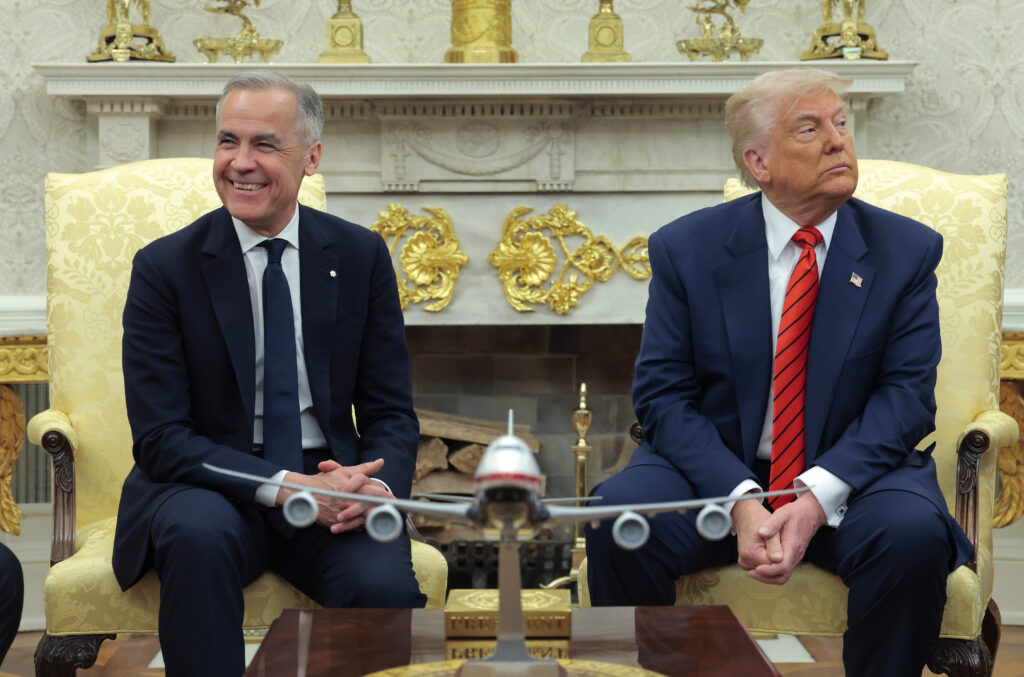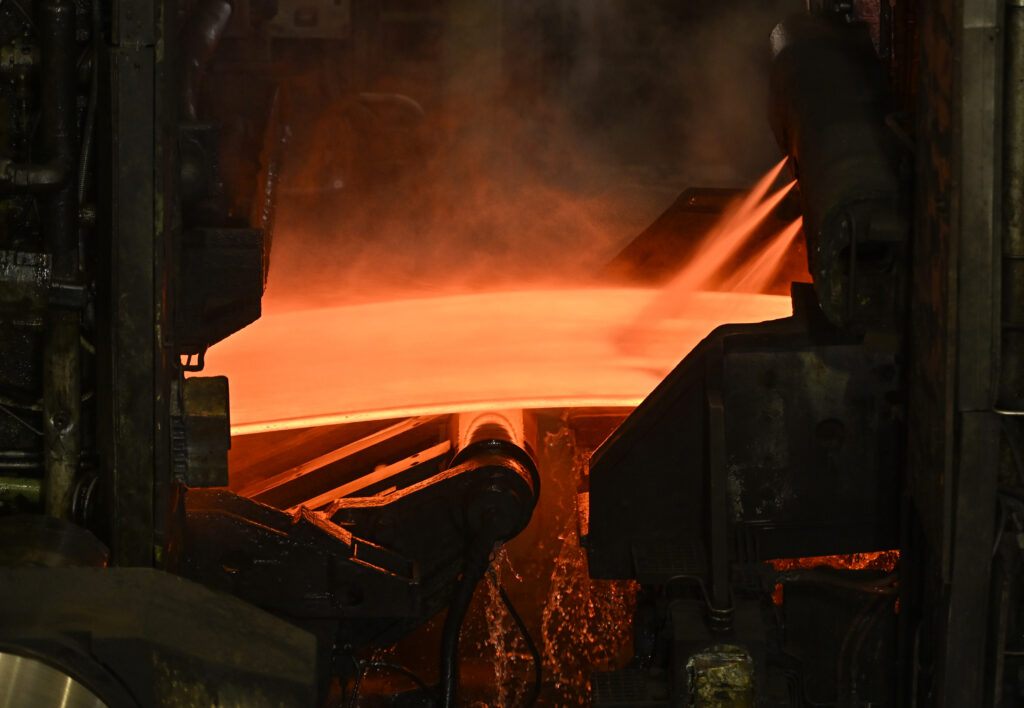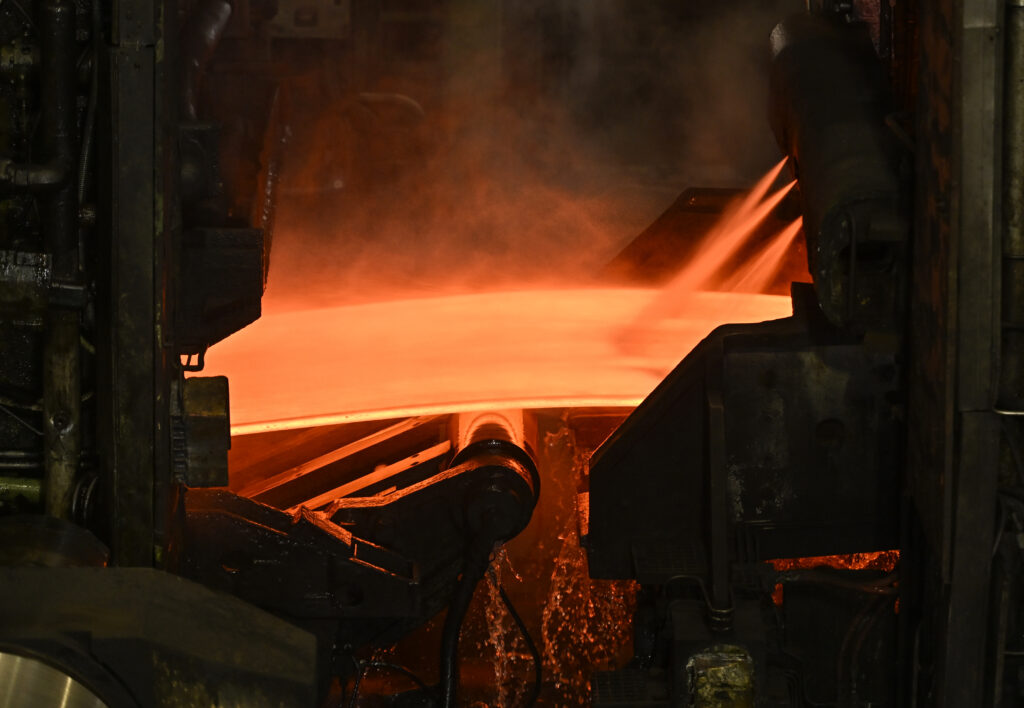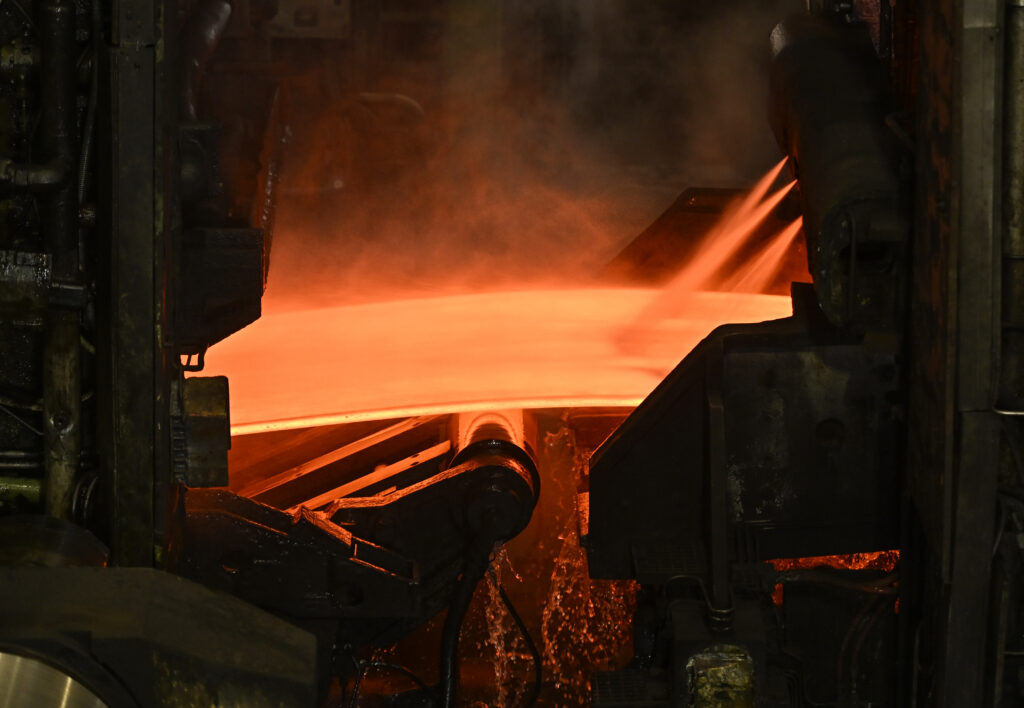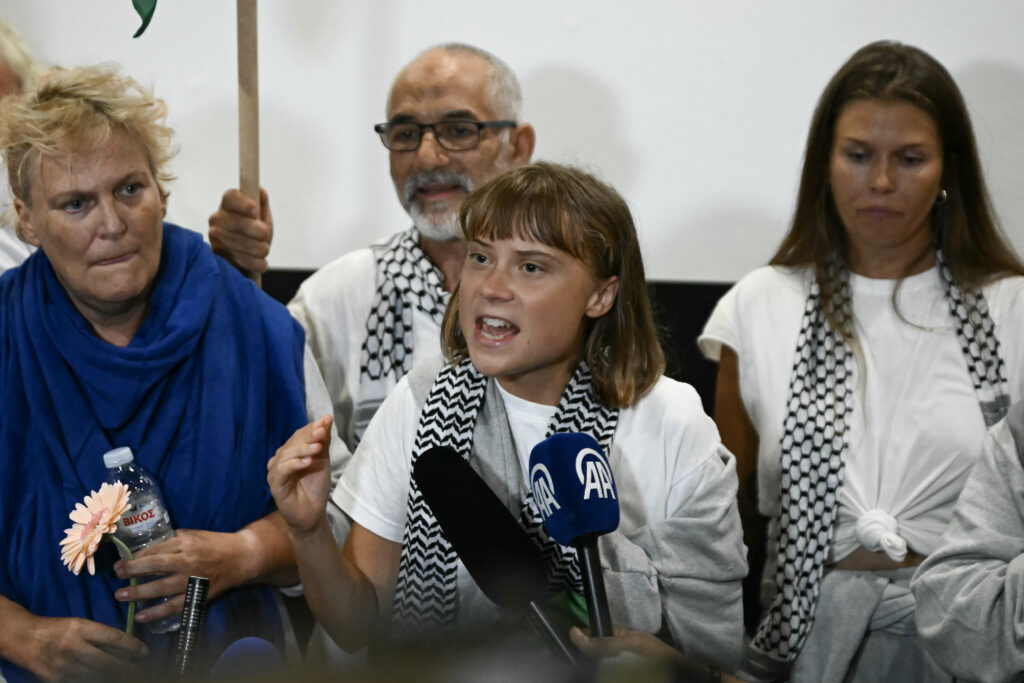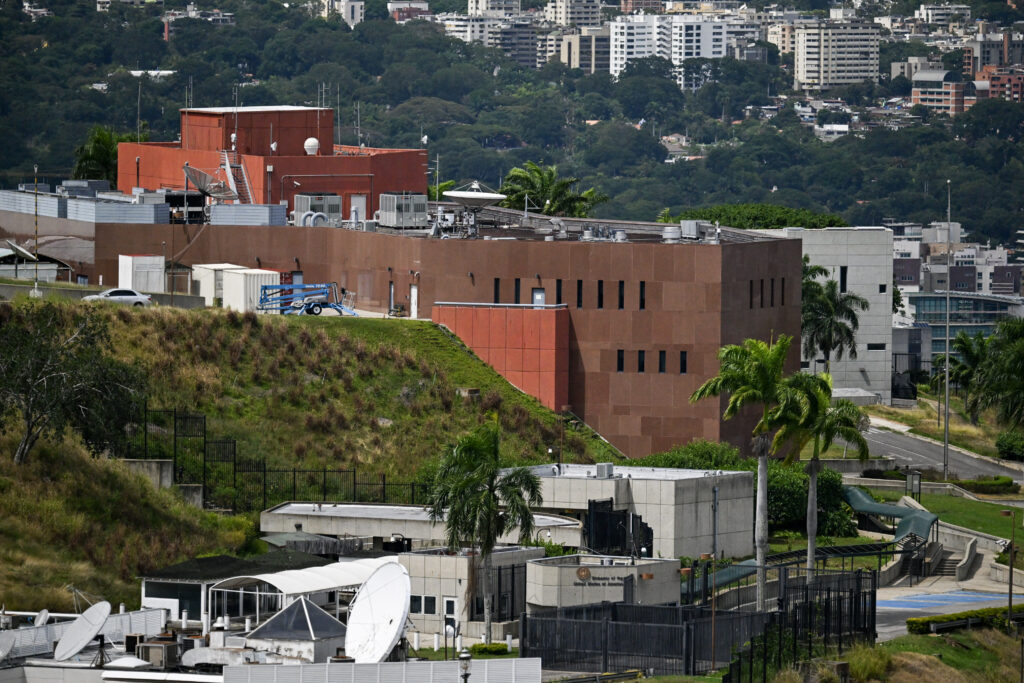Canada: pour Carney, un nouveau face-à-face à hauts risques avec Trump
Le Premier ministre canadien Mark Carney se rend de nouveau à Washington mardi pour rencontrer Donald Trump et tenter d’assouplir certains des droits de douane imposés à son pays, où l’on attend désormais de lui des résultats.Ce sera sa seconde visite à la Maison Blanche depuis son élection en avril alors que la guerre commerciale menée par l’administration Trump a profondément perturbé les relations bilatérales et fragilisé l’économie canadienne.Selon Ottawa, il s’agit d’une “visite de travail” pour évoquer “les priorités communes dans le cadre d’une nouvelle relation économique et sécuritaire” entre les deux pays.”Le commerce sera l’un des sujets de discussion (mardi), ainsi que d’autres dossiers importants pour le Canada et les États-Unis”, a confirmé lundi Karoline Leavitt, la porte-parole de la Maison Blanche. Donald Trump “se réjouit à l’idée d’avoir cette discussion”. Contrairement à d’autres grands alliés des États-Unis, dont l’Union européenne, le Canada n’a pas encore conclu d’accord commercial global avec son voisin et principal partenaire économique. L’enjeu est de taille pour le Canada, dont 75% des exportations partent vers son voisin du sud, et qui a vu son PIB reculer d’environ 1,5% au deuxième trimestre.En face, le président américain s’estime en position de force. Il a déjà imposé des droits de douane aux secteurs canadiens du bois d’œuvre, de l’aluminium, de l’acier et de l’automobile. Il a ajouté lundi les poids lourds importés aux États-unis, taxés à hauteur de 25% dès le 1er novembre. Et si la grande majorité des échanges reste protégée par l’ACEUM – accord de libre-échange entre les États-Unis, le Canada et le Mexique – celui-ci doit faire l’objet de nouvelles négociations prochainement et Donald Trump souhaite en revoir les termes pour favoriser davantage les industriels américains. – “La pression monte” -Dans ce contexte, l’ancien banquier central, Mark Carney qui est entré en politique il y a moins d’un an, fait face à des critiques croissantes. Il a mené campagne en expliquant que sa grande expérience de gestion des crises faisait de lui le candidat idéal pour défendre le Canada.Six mois plus tard, “la pression monte pour au moins obtenir une baisse de certains droits de douane, comme ceux qui pèsent sur l’acier et l’aluminium”, explique Daniel Béland, politologue à l’Université McGill de Montréal.”Mark Carney n’a pas le choix, il doit revenir de Washington avec des progrès”, ajoute le professeur, rappelant que le Premier ministre a accepté plusieurs concessions sans rien obtenir en retour pour l’instant.Fin juin, M. Carney a en effet annulé une taxe ciblant les géants technologiques américains sous la pression de Donald Trump qui l’avait jugée “scandaleuse”. Il a également levé une grande partie des droits de douane instaurés par le précédent gouvernement.L’absence de réaction de Washington à ces gestes d’ouverture a suscité de vives critiques de l’opposition au Canada.”Si vous ne revenez qu’avec des excuses, des promesses brisées et des séances de photos, vous aurez laissé tomber nos travailleurs, nos entreprises et notre pays”, a écrit lundi Pierre Poilievre, le chef de l’opposition conservatrice, dans une lettre à Mark Carney.Mais si les Canadiens espèrent des annonces, “ils ont aussi conscience qu’il y a toujours un risque à aller discuter avec Donald Trump. Ces rencontres peuvent facilement dérailler et tout se fait en public”, estime Geneviève Tellier, politologue à l’université d’Ottawa.La semaine dernière, le président américain a de nouveau évoqué son désir de faire du Canada le 51e État américain lors d’un discours devant les généraux et amiraux américains, en parlant de la potentielle participation du pays à son bouclier antimissile “dôme d’or”.”Le Canada m’a appelé il y a quelques semaines, ils veulent en faire partie”, a affirmé Donald Trump. “Donc j’ai dit: pourquoi ne pas simplement nous rejoindre? Devenez le 51e État, et vous l’obtiendrez gratuitement.”
